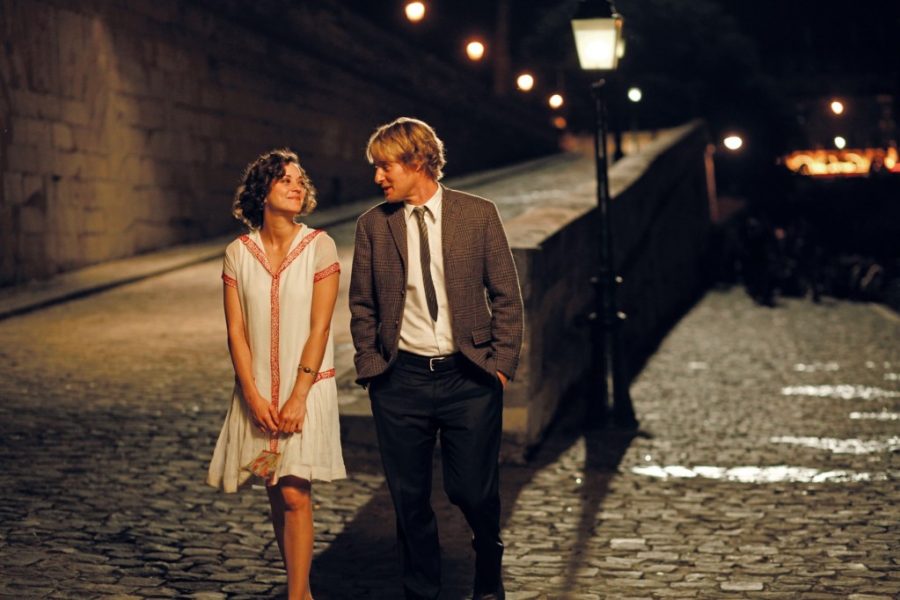In all the rush and chaos of everyday life, it’s easy to become nostalgic about the past; about a romantic golden age when life was easier and the world glowed with the pink tinge of rose-tinted specs. Such is the premise of Woody Allen’s new film, a romantic comedy which sees Gil (Owen Wilson) trying to find a balance between his past-enamoured fantasies and his real-life responsibilities. When he and his fiancée Inez (Rachel McAdams) spend some pre-wedding time in Paris, Gil finds himself transported into the 1920s with his literary and artistic heroes, leaving him questioning just what he wants from his present.
Full of the insightful, down-to-earth comedy Allen is famous for, this film manages to be both remarkable and subtle at the same time. Anyone who’s ever been or dreamed of going to Paris will love the aesthetics of this film. Whilst still present in small doses, the big touristy landmarks are trumped by the maze of squint-and-you-could-be-in-another-era streets, painted in all their quaintly Parisian glory. The range of historic figures who make an appearance is both impressive and educational, from the Fitzgeralds to Dalí, all of whom are portrayed with stereotypical satire and human likability. All of the performances are solid as is to be expected of a film with so many big names involved, though McAdams seems a little unnatural in Allen’s long takes. Wilson is surprisingly deep and complex for an actor whose past work has been in rather more archetypal roles, and manages to portray Gil as dreamy yet recognisable, making it easy for the audience to relate to him as an inner-self kind of everyman.
As the economy continues to crumble around us and the nation despairs at the current government’s destructive NHS reforms, Allen reminds us that every era – no matter how romantically portrayed – has its problems. This is a feel-good film that reminds us to appreciate what we’ve got, because human nature’s inherent longing for the past will never be productive.



Comments